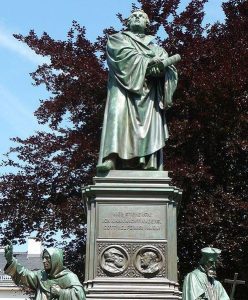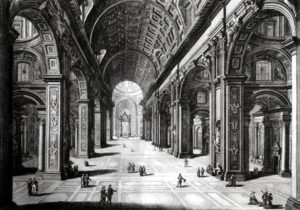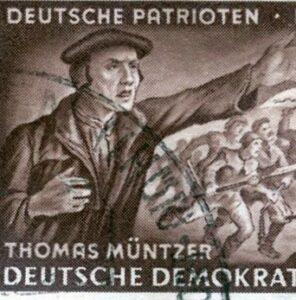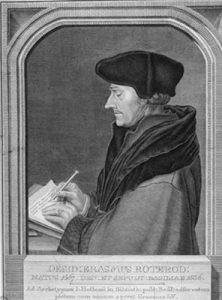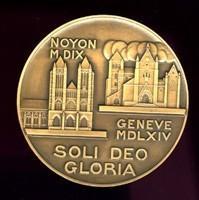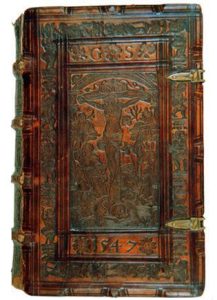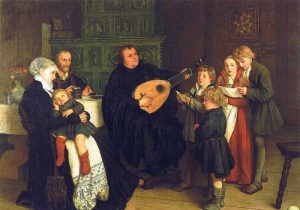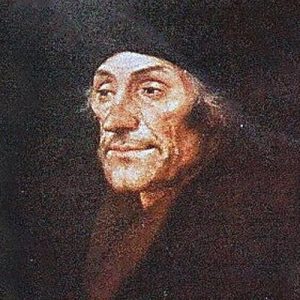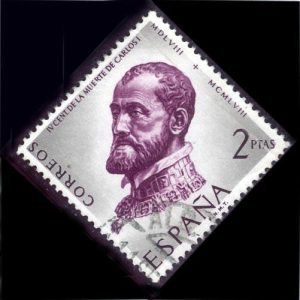Martin Luther (1483-1546)
Martin Luther had been an Augustin monk since 1505 when he became a theology professor in Wittenberg in Saxony. As early as 1517 he protested against some practises of the Catholic Church in his 95 theses on Indulgences.
He was excommunicated by the Pope, who considered him a heretic, and was the father of the protestant Reformation.
The Lutheran Reformation
Martin Luther was interested in one of the key concepts in Christian theology: Do faith or deeds save man and make him just before God? His answers were justification through faith and salvation through grace.
On this basis Martin Luther created theological works with the Bible as a reference.
Thanks to the political support of the prince Elector of Saxony, Frederick the Wise, he carried out a reformation and organised a new Church in Germany.
During the life of Martin Luther
Five individuals particularly accompanied and helped him in implementing the Reformation or were opposed to him:
Philipp Melanchthon disciple and successor of Martin Luther wrote the Augsburg Confession.
Erasmus supported Luther for a long time. But after a long controversy, he persisted that salvation was related to deeds.
The emperor Charles V, who remained a Catholic, was opposed to the Reformation but had to come to terms with the German princes who had become Protestant.
The prince Elector of Saxony, Frederick the Wise, protected Martin Luther and enabled him to implement the Reformation.
Lucas Cranach, a painter and friend of Luther, illustrated and published the translation of the Bible realised by the reformer.

